|
Spring cleaning doesn't have to only mean dusting, wiping down, and organizing your space. It can be a commitment to making cleaner and non-toxic choices in what products you choose to buy. It can also be a choice to choose products that source ingredients with clean, sustainable, and ethical practices too. Toxicity isn't just about how harmful an ingredient is to your body. Toxicity also accounts for how unhealthy our environments and industrial practices are. From planting the seed to sealing the box, the agricultural methods to the conditions people and animals involved in the process are in, there are many stages of production to be conscientious of. One of the most impactful ways average consumers can choose to help detox our industries, and therefore our world, is to buy products that support, not harm. When you shop at Terrys, go ahead and read the label and take notice of the certifications on the product. This blog is going to break down some of the most common certifications and labels on food, supplements, and products that aid you in choosing products that meet a higher standard for health, safety, ethics, sustainability, and stewardship. When you purchase products with these certifications, you can feel good that you voted for a cleaner and less toxic world with your dollars. Organic (USDA Organic, Oregon Tilth Organic) "Organic" is generally understood to mean "biologically identical," or "not grown with any toxic chemicals," or "as nature would grow it." "Organic" actually, legally, means what the certifier says it means. According to the United States Department of Agriculture (USDA), the most common organic certifier in the USA, "organic food" means that the crop cannot be grown with the use of any prohibited substance 3 years prior to harvest: "USDA certified organic foods are grown and processed according to federal guidelines addressing, among many factors, soil quality, animal raising practices, pest and weed control, and use of additives. Organic producers rely on natural substances and physical, mechanical, or biologically based farming methods to the fullest extent possible. What, specifically, are the prohibited substances that cannot be used in USDA organic farming? Generally they are synthetic chemicals that are not naturally found in food, but the list does include natural substances that are considered harmful (such as ash, lead, or arcenic.) You can read the list here: Electronic Code of Federal Regulations (eCFR). You might note that while the certification prefers that only natural substances be used in organic farming practices, some synthetic substances might be used in limited quantities. Nothing on the market can legally be called organic if it has not been certified. This is important because it requires producers to follow the strict guidelines of an organic certifier if they want to claim their product is organic. You should never have to ask, "but is it really organic, and what does this company think organic means?" When the product is not 100% organic, it must be and explain that it is "made with" at least 70% organic. "When packaged products indicate they are “made with organic [specific ingredient or food group],” this means they contain at least 70% organically produced ingredients. The remaining non-organic ingredients are produced without using prohibited practices (genetic engineering, for example) but can include substances that would not otherwise be allowed in 100% organic products. “Made with organic” products will not bear the USDA organic seal, but, as with all other organic products, must still identify the USDA-accredited certifier. You can look for the identity of the certifier on a packaged product for verification that the organic product meets USDA’s organic standards." The USDA is not the only organic certifier. Other groups wanted a different, often more strict, standard for "organic." One of the most common certifiers outside of the USDA is Oregon Tilth Certified Organic (OTCO.) The OTCO follows the same national organic definitions as the USDA, but they take their certification a step further with a commitment to highest global standards in food and farming, not just allowing the minimum requirements to be met. Sources: https://tilth.org/certification/our-services/why/ https://www.usda.gov/media/blog/2012/03/22/organic-101-what-usda-organic-label-means https://www.usda.gov/media/blog/2020/10/27/organic-101-allowed-and-prohibited-substances Non-GMO Verified Genetically modified foods are foods that have had their DNA altered to achieve a specific change in the crop. This can mean the modification changes the color of the crop, prevents it from turning brown when it oxidizes, becomes resistant to synthetic pesticides and preservatives, and other desired outcomes. A legal fight existed for years to require GMO foods to be labeled, simply because there was no way of knowing if a food was genetically modified or not. Consumers wanted the ability to choose not to purchase GMOs, but could not be certain unless it was certified organic. As a response, this nonprofit decided to label non-GMO foods and products to help consumers that choose to avoid GMOs. "Non-GMO Project is a mission-driven nonprofit organization offering a third-party non-GMO verification program to the standard consumers expect. We are the pioneer and established market leader for GMO avoidance. We have set the industry standard for non-GMO verification since the Butterfly first appeared on store shelves in 2010." Fair Trade "Fair Trade" is the idea that all workers deserve to be treated humanely and paid fair wages. It rejects the idea of using sweat shops or slave labor. It rejects the idea of people being forced to work in unsafe conditions. It rejects the idea of laborers using methods that harm the environment. It supports the livelihood and development of small communities and businesses around the world. "Fair Trade" is an ethical commitment to a better world for all people. "Fair trade is a global movement made up of a diverse network of producers, companies, consumers, advocates, and organizations putting people and planet first. Certified B Corporation In the world of business, there are different types of corporations. This is new and official type of corporation that businesses can apply to be. A B corporation business means more than just being a corporation that does business, it is an economic commitment to ethical standards and the environment. "Certified B Corporations are businesses that meet the highest standards of verified social and environmental performance, public transparency, and legal accountability to balance profit and purpose. B Corps are accelerating a global culture shift to redefine success in business and build a more inclusive and sustainable economy. Leaping Bunny This certification is dedicated to ensuring that the production of products is cruelty-free, meaning companies do not test their products on animals. "By 1996, 'cruelty-free' shopping had become popular, but it was also confusing, sometimes misleading, and ultimately frustrating. Companies had begun designing their own bunny logos, abiding by their own definition of 'cruelty-free' or 'animal friendly' without the participation of animal protection groups. Certified Humane This label ensures that meat, dairy, poultry, and egg production treated the animals responsibility and with kindness. The animals were not given unnecessary antibiotics and they were not overcrowded. Annual third-party inspections performed by scientists and veterinarians are required for this label. "Humane Farm Animal Care DBA Certified Humane® is a registered 501(c) 3 nonprofit certification organization, operating internationally and dedicated to improving the lives of farm animals in food production from birth through slaughter. The goal of the program is to improve the lives of farm animals by driving consumer demand for kinder and more responsible farm animal practices. When you see the Certified Humane Raised and Handled® logo you can be assured that the food products have come from facilities that meet precise, objective standards for farm animal treatment. You can find Certified Humane® products in the U.S., Argentina, Australia, the Bahamas, Brazil, Canada, Chile, Colombia, Costa Rica, India, Jordan, Malaysia, Mexico, New Zealand, Peru, Singapore, and Uruguay." Climate Neutral Climate Neutral certification is about reducing carbon emissions that perpetuate climate change. What we understand about climate change is that high levels of carbon in the atmosphere are causing it, and unfortunately, our practices as humans can put more carbon in the atmosphere. This certification helps the consumer make the choice to buy from companies that do not add carbon the atmosphere. "Climate Neutral works to decrease global carbon emissions by getting brands to measure, offset, and reduce the carbon they emit. We believe consumers and brands must work together to drive the world toward the zero net emissions future that science tells us we urgently need. Iseal Alliance The Iseal Alliance is a membership organization that hosts and supports many certifiers in sustainability efforts. "ISEAL is the global membership organization for ambitious, collaborative and transparent sustainability systems. We’re driving collective efforts to tackle the most pressing sustainability issues and create a world where markets are a force for good." You may not see an Iseal label, but you might find these certifiers that operate under their guidance. This is not a comprehensive list of certifiers under this organization, but a sample of certifiers that you are likely to find on products at Terry's:
0 Comments
Leave a Reply. |
AuthorThe Health Squad is here to help guide you through this crazy chemical and toxin ridden world. We will provide tips to living a more natural lifestyle. Archives
January 2023
Categories |
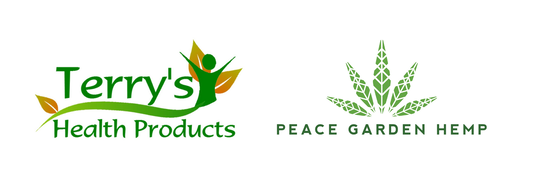
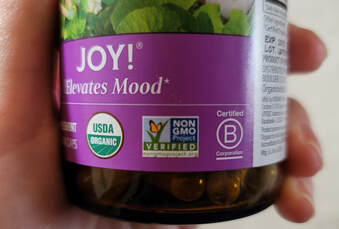
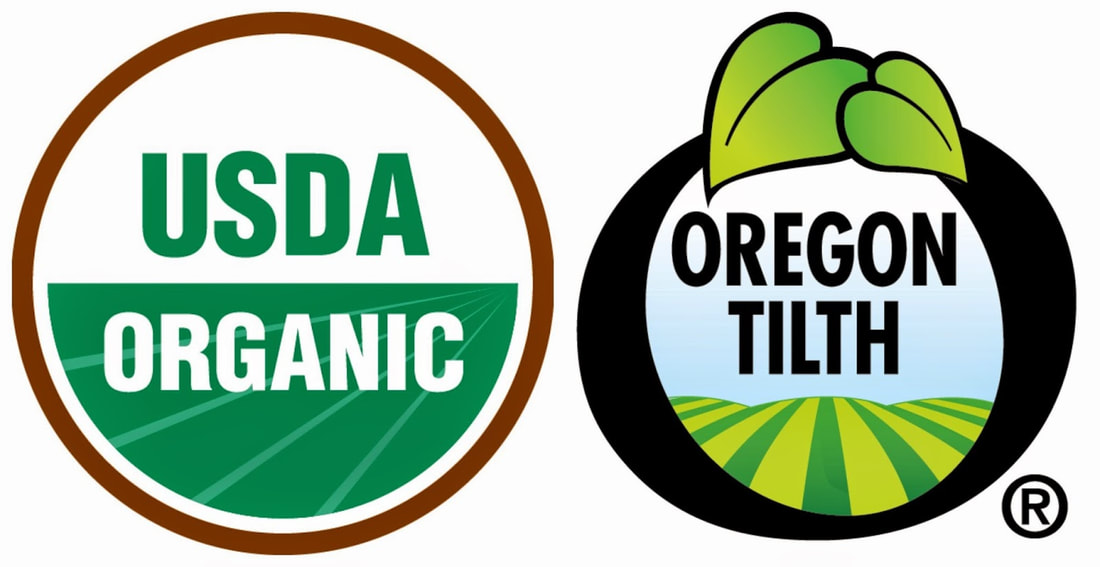
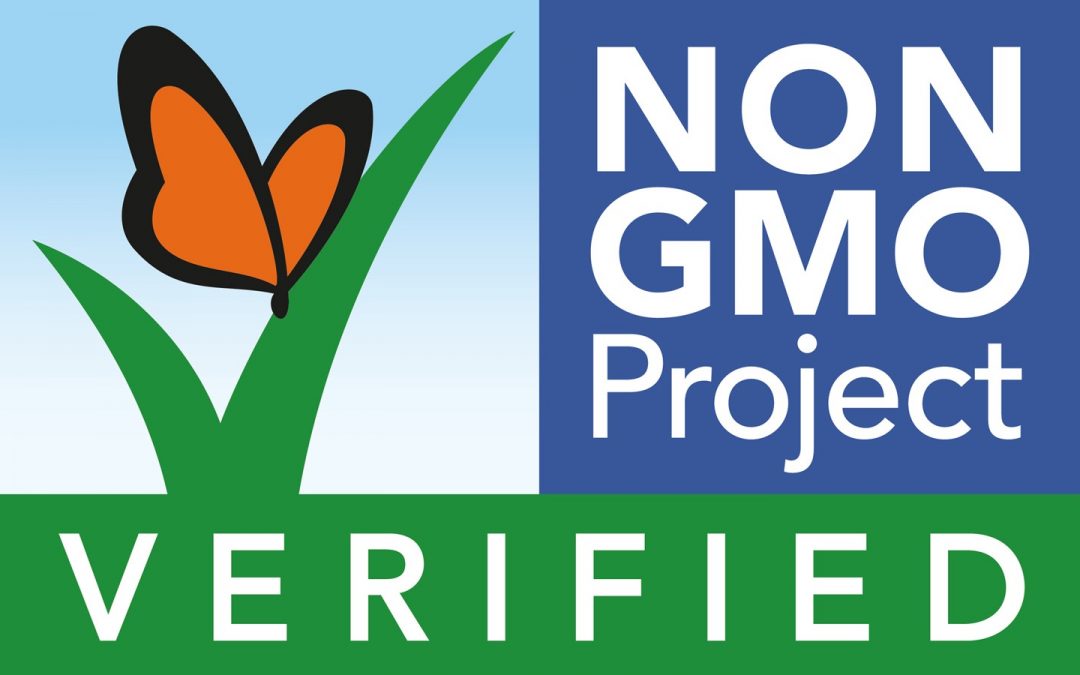

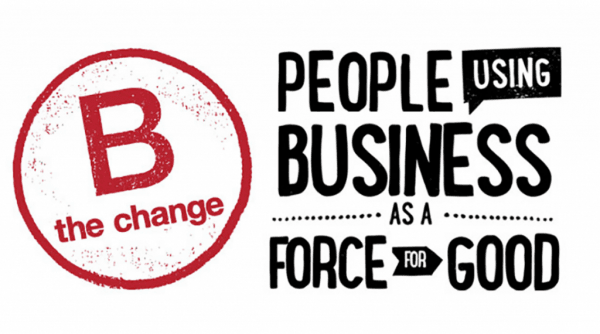
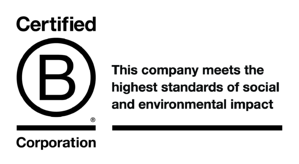

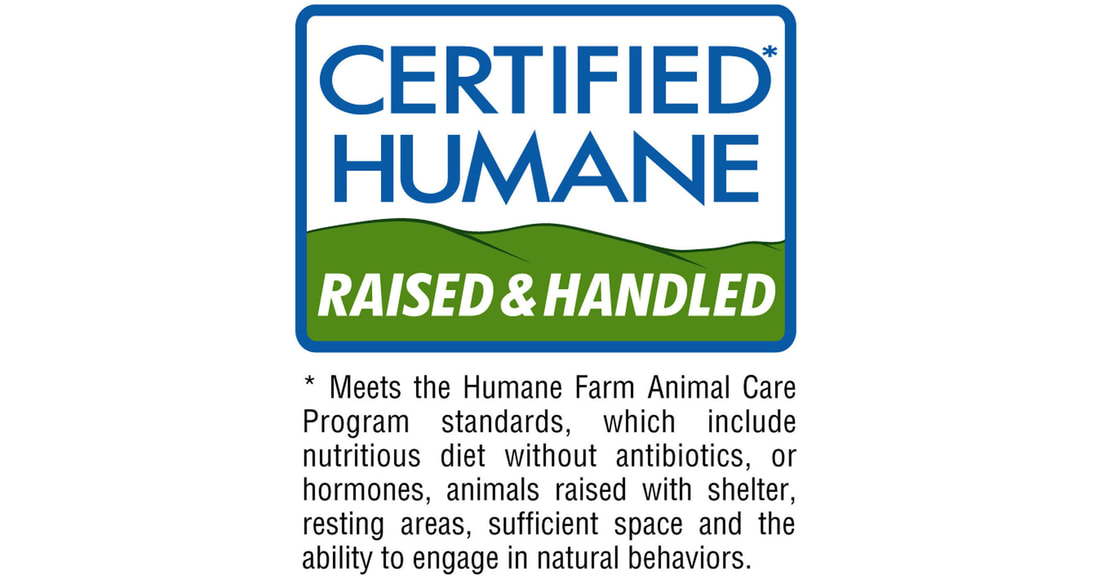





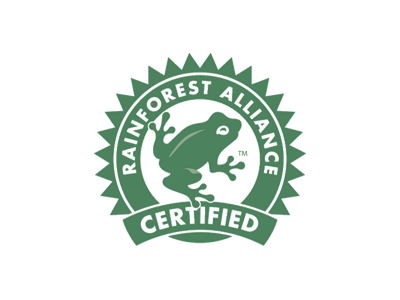
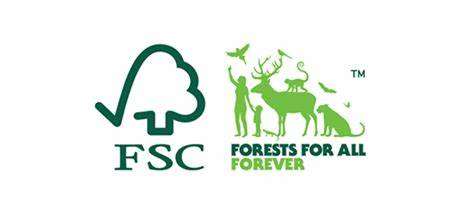
 RSS Feed
RSS Feed